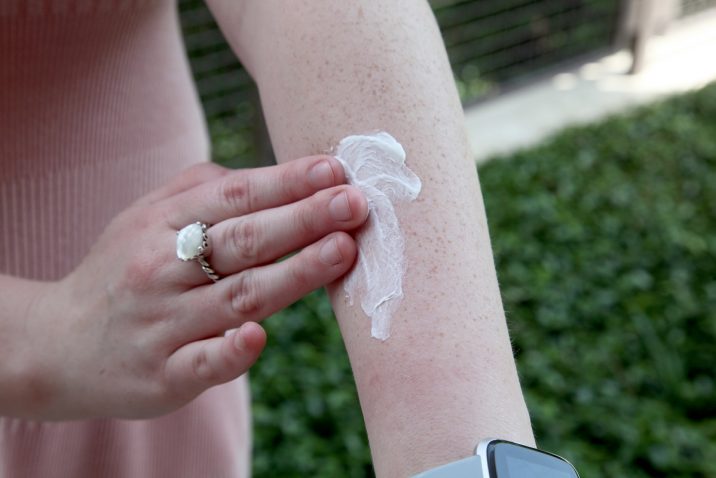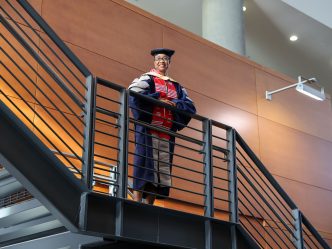It is the most common form of cancer in the United States. And while there are steps a person can take to protect their skin from developing skin cancer and precancerous lesions, the American Cancer Society’s Cancer Facts and Figures 2020 report estimates nearly 3,200 people will be diagnosed with melanoma, the most aggressive form of skin cancer, this year.
Thanks to a new grant from the United States Department of Agriculture, the Georgia Cancer Center will make sure more Georgians will have the opportunity to be diagnosed earlier and receive treatment sooner.
“Unfortunately, rural and minority communities in Georgia do not have adequate access to dermatologists who can accurately diagnose the different forms of skin cancer,” said Dr. Loretta Davis, Chair of the Department of Dermatology at the Medical College of Georgia. “In fact, Georgia ranks 34th among the 50 states in terms of density of dermatologists. Given the rising rates of skin cancer, particularly melanoma, the need for timely access to dermatologic care continues to increase.”
Previous research has shown nearly 20% of people living in the United States will be diagnosed with skin cancer sometime in their life. As part of the USDA’s Distance Learning and Telemedicine Grants program, the Georgia Cancer Center received a $576,035 grant to build partnerships with 15 medical centers in 14 counties in Georgia to create a telemedicine program aimed at increasing the probability of an early diagnosis of various forms of skin cancer. As part of the partnership, the Georgia Cancer Center will distribute MoleScope II dermatoscopes to the satellite clinics.
The MoleScope II will allow these clinical providers to capture highly magnified images of skin lesions at high resolution. These images can then be transferred to a team at the Georgia Cancer Center and Augusta University Health who will examine the image to determine if a lesion is likely cancerous, needing further workup or biopsy, or if there could be another cause. To meet the grant’s distance learning requirement, the Georgia Cancer Center and AU Health teams will also provide educational materials and hold educational seminars about skin cancer and skin health for both medical providers and people living in the communities where the clinical sites are located.
“Every year we see many of Georgia’s rural counties, especially those in the southeastern and southwestern sections of the state, ranked lower when it comes to health outcomes and health factors,” said Dr. Jorge Cortes, director of the Georgia Cancer Center at Augusta University. “We believe this grant and these partnerships may help improve some of these health disparities using technology via telemedicine and distance learning.”
Provided expert dermatology assessment through teledermatology, patients will have the opportunity to receive the initial review and opinion of dermatology specialists for suspicious skin lesions without the need to travel long distances or experience a long wait time for an appointment due to too few dermatologists. Specialty intervention can then be arranged only when lesions are indeed more concerning for skin cancer based on the initial assessment, via telemedicine, by our dermatology team.
“The financial benefits to patients of being able to receive such expert opinion while visiting their local clinics are of critical value for a population afflicted by poverty at rates much higher than what we see in other parts of the country,” said Dr. Doug Patten, dean of the Medical College of Georgia’s Southwest Campus based at Phoebe Putney Memorial Hospital in Albany, Georgia. “Working with Dr. Koosh Desai, from Phoebe Putney Memorial Hospital, the network of initial and future medical centers is being coordinated to expand our reach to as many Georgians as possible.”
 Augusta University
Augusta University




